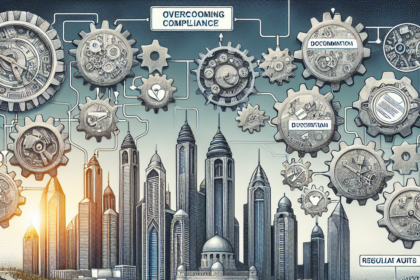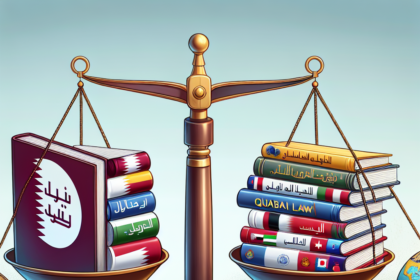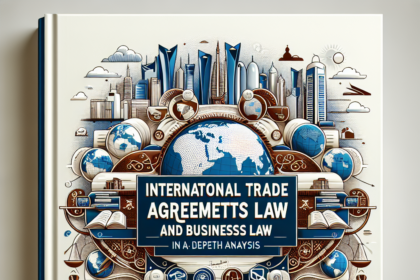Tag: Overview of Business Law in Qatar
Comprehensive Guide to Business Law in Qatar
Introduction to Business Law in Qatar
Qatar’s business landscape is governed by a robust legal framework designed to facilitate economic growth and protect investors. Understanding the intricacies of business law in Qatar is essential for any entrepreneur or investor looking to establish a presence in this rapidly growing market.
Legal Structures for Businesses
Qatar offers various legal structures for businesses, each with its unique requirements and benefits. The most common types include:
1. Limited Liability Company (LLC)
An LLC is the most popular business structure in Qatar. It requires a minimum of two and a maximum of fifty shareholders. The liability of shareholders is limited to their share capital. LLCs offer flexibility and protection, making them an attractive option for many entrepreneurs.
2. Joint Venture (JV)
Joint ventures are partnerships between foreign and Qatari companies. They allow foreign investors to benefit from local expertise and resources. JVs are often used in large-scale projects, particularly in the energy and construction sectors.
3. Branch Office
Foreign companies can establish branch offices in Qatar to conduct business without forming a separate legal entity. Branch offices must be registered with the Ministry of Economy and Commerce and are subject to specific regulations.
4. Free Zone Entities
Qatar has several free zones offering tax incentives and 100% foreign ownership. These zones are ideal for businesses involved in trade, logistics, and services. Companies in free zones benefit from simplified procedures and access to modern infrastructure.
Regulatory Environment
Qatar’s regulatory environment is designed to support business growth while ensuring compliance with international standards. Key regulatory bodies include:
1. Ministry of Commerce and Industry
The Ministry of Commerce and Industry oversees business registration, licensing, and regulation. It ensures that businesses comply with Qatari laws and regulations, promoting a fair and competitive market.
2. Qatar Financial Centre (QFC)
The QFC provides a world-class legal and regulatory environment for financial services companies. It offers a range of incentives, including tax exemptions and flexible regulatory frameworks, to attract international firms.
3. Qatar Free Zones Authority (QFZA)
QFZA manages the development and regulation of free zones in Qatar. It aims to create a conducive environment for businesses to thrive, offering benefits such as tax exemptions and full foreign ownership.
Commercial Contracts and Dispute Resolution
Contracts are the backbone of any business transaction. In Qatar, commercial contracts must be drafted carefully to ensure they are legally binding and enforceable. Key considerations include:
1. Governing Law
Parties must agree on the governing law of the contract. While Qatari law is commonly used, international parties may opt for a different jurisdiction depending on their preferences and the nature of the contract.
2. Dispute Resolution
Qatar offers several mechanisms for dispute resolution, including litigation and arbitration. The Qatar International Court and Dispute Resolution Centre (QICDRC) provides an independent judicial system for resolving commercial disputes efficiently and fairly.
Intellectual Property Protection
Protecting intellectual property (IP) is crucial for businesses operating in Qatar. The country has implemented comprehensive IP laws to safeguard trademarks, patents, and copyrights. Key points include:
1. Trademark Registration
Businesses must register their trademarks with the Ministry of Commerce and Industry to obtain legal protection. Registered trademarks are protected for ten years and can be renewed indefinitely.
2. Patent Protection
Qatar grants patents for inventions that are new, involve an inventive step, and are industrially applicable. Patents are valid for twenty years from the filing date, subject to annual maintenance fees.
3. Copyright Laws
Qatar’s copyright laws protect literary, artistic, and scientific works. Copyright protection lasts for the lifetime of the author plus fifty years, ensuring creators’ rights are upheld.
Conclusion
Navigating business law in Qatar requires a thorough understanding of the legal and regulatory framework. By choosing the right business structure, complying with regulations, and protecting intellectual property, businesses can thrive in Qatar’s dynamic market. For entrepreneurs and investors, staying informed and seeking professional legal advice is essential to success.










